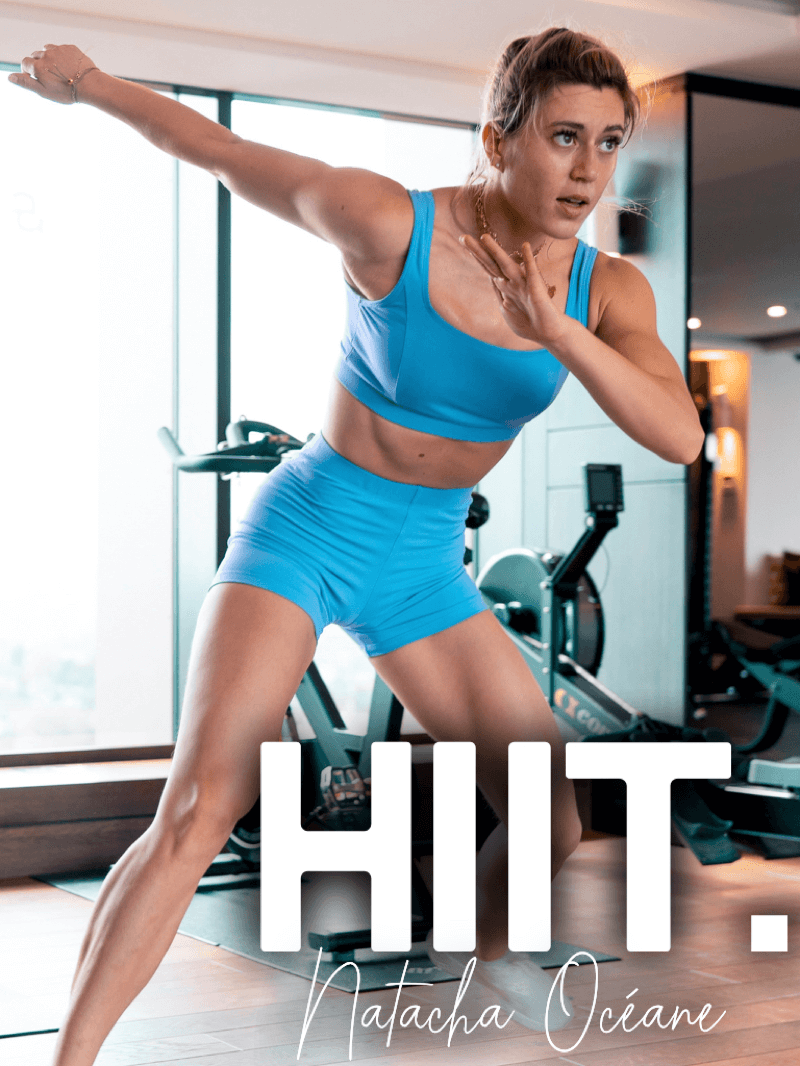Recently, researchers have been studying whether low volume HIIT, involving as little as 4-min of high-intensity exercise per session (excluding a warm-up and cool down), also improves health. We know from years of research that high-intensity interval training, or HIIT as it is known, has become increasingly popular as it’s a quick and effective way to improve health. This is all the more important as countries around the world emerge from lockdowns due to coronavirus and are looking for a quick and easy way to exercise again.
Research to date on HIIT
A new review paper published in The Journal of Physiology collates a decade’s worth of research on the topic of this so-called low-volume high HIIT for health.
WHO guidelines
The current World Health Organisation (WHO) physical activity guidelines (150-300 min of moderate activity/week or 75-100min of vigorous activity/week) may be unattainable for a large portion of the population. This is due to the fact that most are time-poor due to family or work commitments.
This theory is supported by the increasing rates of physical inactivity amongst adults in high-income countries. The findings of this study show that low-volume HIIT yields comparable improvements to interventions meeting the current guidelines despite requiring significantly less time.
What is low volume HIIT?
Since HIIT involves active periods of work interspersed with recovery periods, the researchers defined low-volume HIIT as interventions that included less than 15 minutes of high-intensity exercise per session (not including recovery periods).
The review builds on the authors’ recent study published in Diabetes Care which showed that as little as 4-min of HIIT 3 times per week for 12 weeks significantly improved blood sugar levels, fat in the liver, and cardiorespiratory fitness in adults with type 2 diabetes. They also showed that these improvements were comparable to an intervention involving 45-min of moderate-intensity aerobic exercise (2).
Helps improve heart function and arterial health
Beyond its effect on metabolic health, the new review reported that low-volume HIIT can also improve heart function and arterial health.
While the overwhelming majority of available evidence shows that low-volume HIIT is a safe way to exercise, including in populations with metabolic and heart problems, individuals should always determine their individual suitability for such programs with their health care professional.
This research was performed by collating and critically appraising over a decade’s worth of research on the topic.
Further research should explore whether low-volume HIIT is sustainable in the longer term. It should also consider whether combining low-volume HIIT with other training interventions, such as resistance training, can maximize health outcomes.
Many of the participants in the study published in Diabetes Care reported being in disbelief over how short the training was and yet how great they felt after training.
What the researchers said
Dr. Angelo Sabag, corresponding author of the study said: “While the WHO guidelines may serve their purpose at a population level, individualized and tailored low-volume HIIT interventions delivered by appropriately trained exercise professionals may be more effective at an individual level, especially for time-poor individuals.
This research is especially important now as people are looking for new and exciting ways to engage in regular exercise, after a year of lower physical activity due to the pandemic.”
References
Sabag A et al (2020). The Effect of a Novel Low-Volume Aerobic Exercise Intervention on Liver Fat in Type 2 Diabetes: A Randomized Controlled Trial. Diabetes Care, 43(10), 2371-2378. doi:10.2337/dc19-2523
The Journal of Physiology publishes advances in physiology which increase our understanding of how our bodies function in health and disease. http://jp.physoc.org
The Physiological Society brings together over 4,000 scientists from over 60 countries. The Society promotes physiology with the public and parliament alike. It supports physiologists by organising world-class conferences and offering grants for research and also publishes the latest developments in the field in its three leading scientific journals, The Journal of Physiology, Experimental Physiology and Physiological Reports. www.physoc.org
Read how Jennifer Garner uses HIIT to keep in top shape



